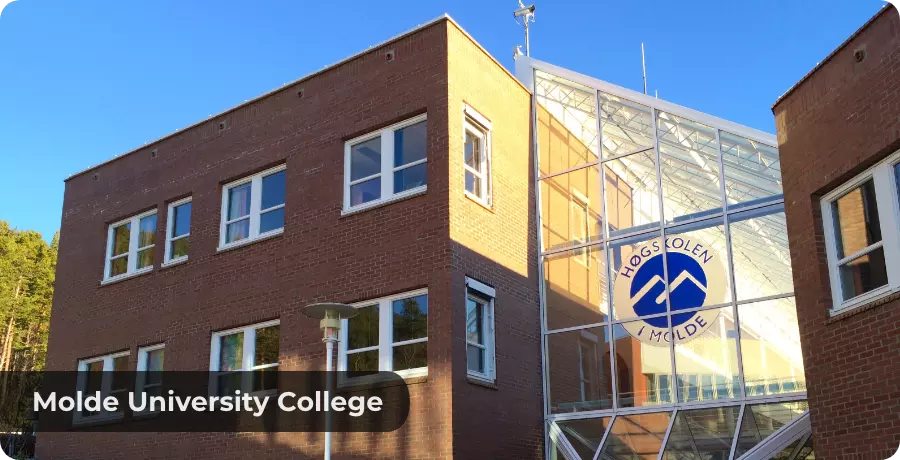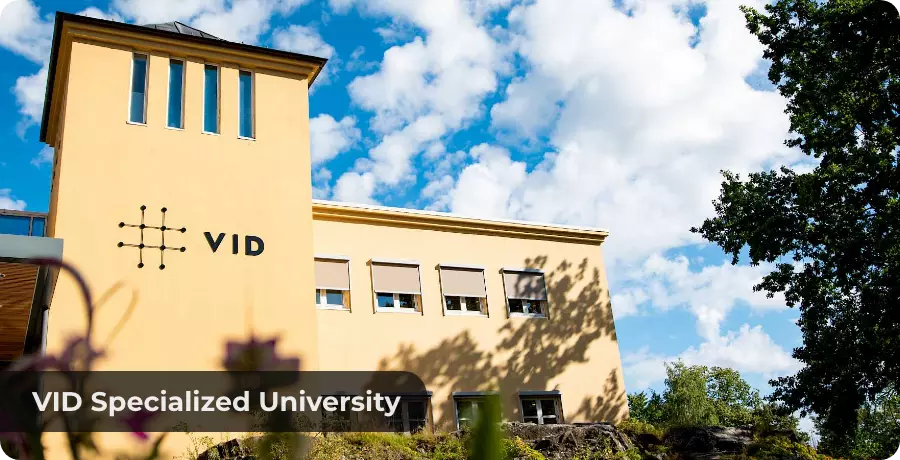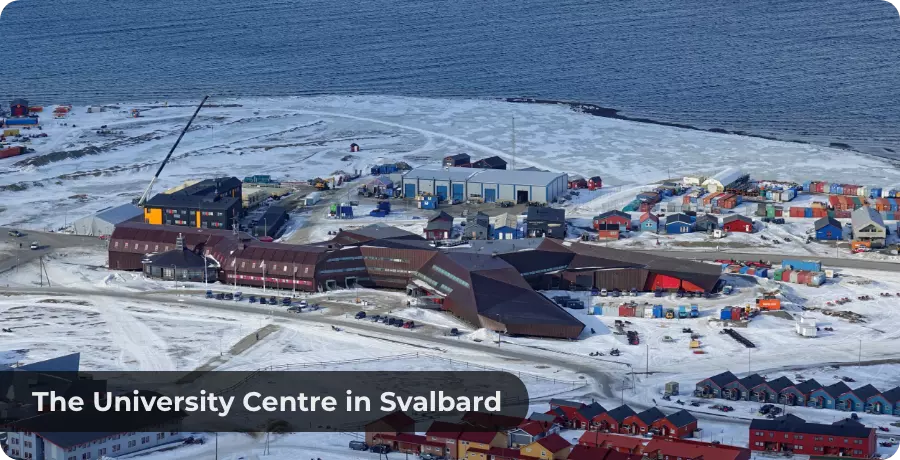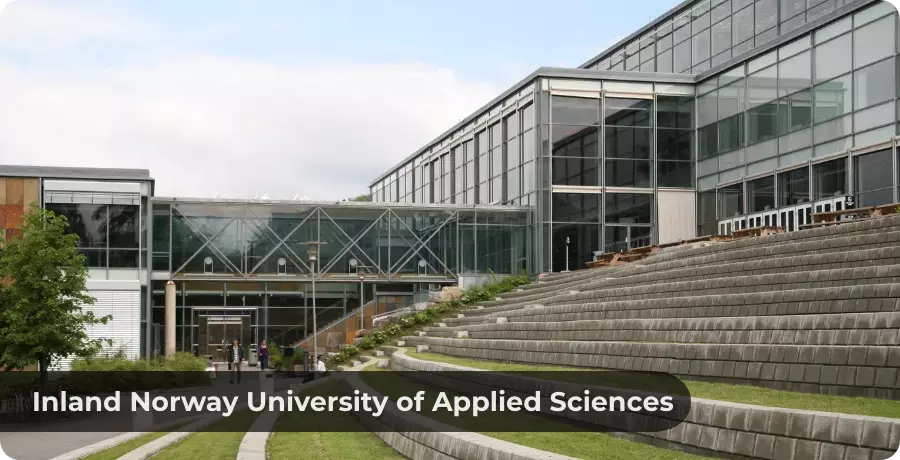Norwegian University of Science and Technology is the largest Norwegian University since 1910. It provides several study programs for students to pursue higher studies. The main profile of the University focuses on science and technology with other streams like social sciences, economics, humanities, health sciences, architecture, art disciplines, and other artistic disciplines.
- As per QS ranking, the University is at 352 positions as of 2023
- The University has 281 positions, as per US World and News Report.
- The ARWU World University rankings place the University at 101 positions.
- World University Rankings by Times Higher Education ranks the University at 401 positions.
- As per the Best Global Universities Rankings from U.S. News & World Report, the University is at 267 positions as of 2023
- The university museum offers programs in two departments: the Department of Archaeology and Cultural History and the Department of Natural History.
Norwegian University of Science and Technology Highlights
- The University houses a total of 42000 students, including 6% of international students
- There are almost 7700 employees, with 42% of women faculty members
- The University offers 400 doctoral degrees and has 16 libraries for the students
- It has 40 international master’s degree in the areas – sustainability, science and technology, energy
- NTNU has close connections with industry, such as R&D partner SINTEF, which is a prominent industrial link
The study and research split into the following faculties:
- Faculty of Architecture and Design
- Faculty of Humanities
- Faculty of Natural Sciences
- Faculty of Social and Educational Sciences
- Faculty of Medicine and Health Sciences
- Faculty of Information Technology and Electrical Engineering
- Faculty of Engineering
- Faculty of Economics and Management
- NTNU University Museum
The University provides research facilities in 4 major areas:
- NTNU Health
- NTNU Sustainability
- NTNU Energy
- NTNU Ocean
Norwegian University of Science and Technology Admissions
Students can start by creating an account in their name through the official portal of the University. They must also check the eligibility criteria before applying for a study program at NTNU.
All international students applying to the University for any study program need to have good knowledge of the English language at an academic level. However, students applying through the Erasmus+ program don’t have to produce any language proficiency proof. Students outside the EU have to produce language test scorecards. When candidates apply for courses in English, they need not have any knowledge of the Norwegian language.
Other admission requirements are:
- Online application
- Academic records
- Resume
- Passport
- Passport size photo
- An additional form for an exchange student
PG Admission
- Online application
- Academic records
- Graduate Certificate
- English language document
- Resume
- Passport
- Passport size photo
- A letter of motivation
- Financial details
- Two letters of recommendation
Eligibility Criteria
UG Program
The Scorecard of the English proficiency test are:
- TOEFL iBT: 90 or above
- TOEFL PBT: 600 or above
- IELTS Academic: 6.5 or above
- PTE Academic: 62
- CAE/CPE: Accepted
PG Program
Details of English Proficiency Test:
- TOEFL iBT: 90 or above
- TOEFL PBT: 600 or above
- IELTS Academic: 6.5 or above
- PTE Academic: 62
- CAE/CPE: Accepted
Norwegian University of Science and Technology Programs
PG Programs
- Masters in Applied Computer Science
- Masters in Biology
- Masters in Biotechnology
- Masters in Chemistry
- Masters in Childhood Studies
- Master of Science in International Business and Marketing
- Masters in Project Management
- Master of Science in Information Security
- Master of Science in Electronic Systems Design
- Master program in Interaction Design
- MSc in Sustainable Architecture
- Master of Science in Electric Power Engineering
- Master in Fine Arts
- Master in Industrial Design
- Master in Ship Design
- Master in European Studies
- Master in Global Health
- International Business and Marketing
- Marine Technology
- Master in Informatics
Norwegian University of Science and Technology Accommodation
The university headquarters is at Trondheim, but it has three campuses. The main campus is at Trondheim, which has a further 11 campuses.
Students must arrange private housing for the autumn semester from August to December. In contrast, international students will get accommodation from Sit for the spring semester, from January to June. The opportunity is limited for the autumn semester, except for a non-EU student who might get a housing guarantee for their visa application.
The cheapest room will start at NOK 3400. However, students have to pay NOK 5000 to reserve a room.
Norwegian University of Science and Technology Cost
- The average cost of living when pursuing a master’s degree is $1,23,519
- The on-campus living expenses at the University is $1,28,887
Cost of Course
|
Course Study
|
Fees
|
|
Masters in Biology
|
19,000 EUR Yearly
|
|
Masters in Biotechnology
|
19,000 EUR Yearly
|
|
Masters in Childhood Studies
|
19,000 EUR Yearly
|
|
Masters in Applied Computer Science
|
19,000 EUR Yearly
|
|
Masters in Chemistry
|
19,000 EUR Yearly
|
Cost of Living
International students should have NOK 123 519 at their disposal when coming to study at NTNU for an academic year. It takes roughly NOK 12,300 monthly, covering living costs. Some of the expense details are:
- Food: Around NOK 3000 monthly Housing: It is one significant expense, and the estimate should be around NOK 4000 to NOK 6000 for a single room with a kitchen and bathroom in sharing
- Books and Supplies: It can vary depending on the semester. Students can also check the books online to save money.
- Transportation: It is also varying, but students have to pay at least 500 NOK monthly
However, NTNU doesn't charge any tuition fees.
Norwegian University of Science and Technology Scholarship
NTNU doesn't provide students any loans, stipends, or scholarship facilities. However, candidates can check for it from any third party, which applies to some NTNU students.
Criteria for the Master Degree Students:
- Erasmus Mundus: The scholarship is for EU students
- Anglo-Norse Society: It awards £2,500 yearly to the student with good academic records pursuing a master's degree at NTNU
- NORPART MA Scholarship: This scholarship is among the five scholarships that the university offers to candidates from Ethiopia. With this, the candidate can pursue an MPhil in childhood study program.
- GSEP: Global Sustainable Electricity Partnership: The scholarship program is for students with excellent academic records from developing countries. A student has to opt for a master's degree program in sustainable energy development.
- EU Loans: EU countries offer loans to students to finance master's degree programs in an Erasmus+ program
Scholarship Scope for Exchange Students
BiGTREE (South America)
It is a scholarship scope for exchange students to NTNU from the following:
- Universidad del Rosario
- UNMSM
- Universidad del Valle
- Universidad ICESI
Erasmus+ Grant
The Erasmus+ program helps students get grants that cover travel and other costs to live and study at the university. Candidates must check with their home institute whether they are eligible for an exchange program with NTNU.
Norwegian University of Science and Technology Placement
When looking for opportunities for practical placement at the university, a supervisor should accept an applicant at NTNU. They have to fill out an application for university exchange study. Students should check for an exchange program agreement with NTNU before applying. Some can be a combination of theoretical study and practical placement options.
The health and social care students doing clinical and practical work must produce MRSA test results.
All international students should check the work conditions that will help them get student visas. Students need to check special instructions on the respective department and study program they apply for. One can search for a job vacancy from their department per their interests.
Other Universities in Norway that you might be interested are,

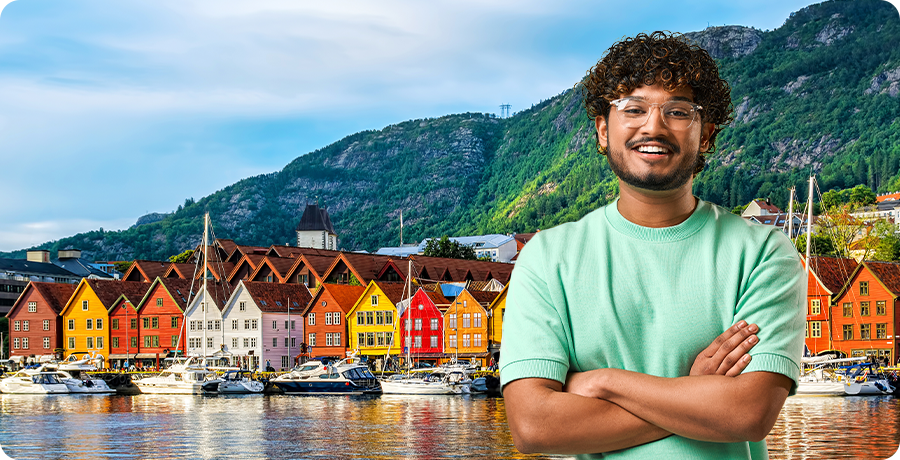


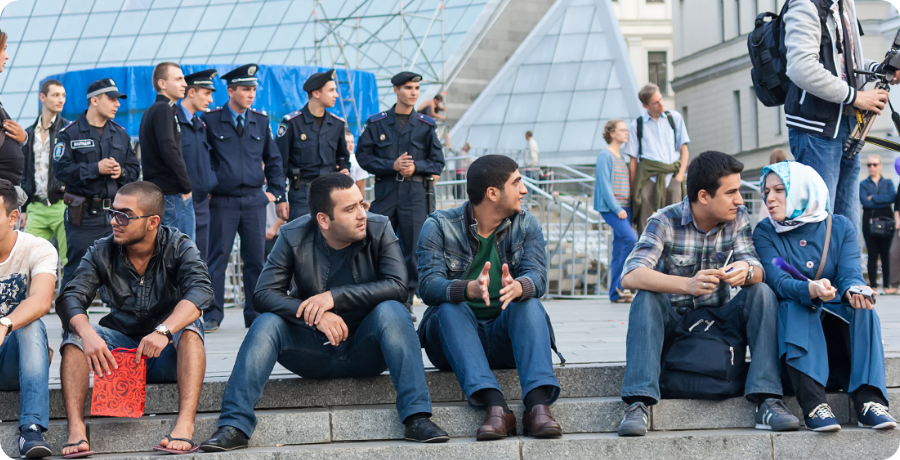

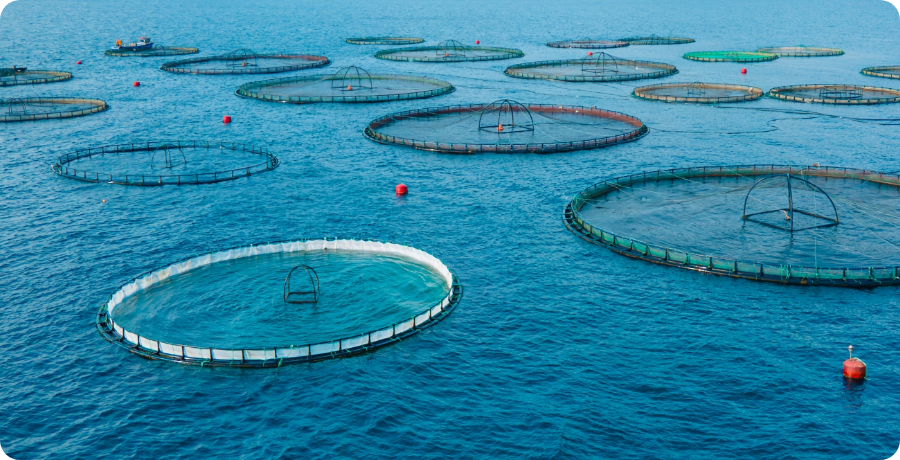

.webp)
